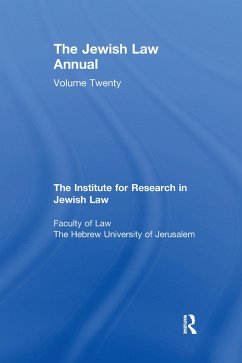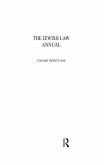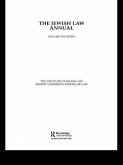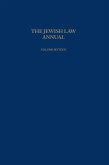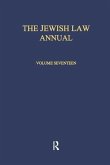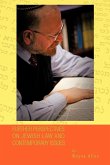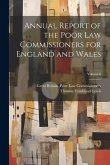Volume 20 of The Jewish Law Annual features six detailed studies. The first three articles consider questions which fall under the rubric of halakhic methodology. The final three articles address substantive questions regarding privacy, cohabitation and medical triage. All three 'methodological' articles discuss creative interpretation of legal sources. Two (Cohen and Gilat) consider the positive and forward-thinking aspects of such halakhic creativity. The third (Radzyner) examines tendentious invocation of new halakhic arguments to advance an extraneous interest. Cohen explores positive creativity and surveys the innovative midrashic exegeses of R. Meir Simha Hakohen of Dvinsk, demonstrating his willingness to base rulings intended for implementation on such exegesis. Gilat examines exegetical creativity as to the laws of capital offenses. Midrashic argumentation enables the rabbinical authorities to set aside the literal sense of the harsh biblical laws, and implement more suitable penological policies. On the other hand, Radzyner's article on tendentious innovation focuses on a situation where novel arguments were advanced in the context of a power struggle, namely, Israeli rabbinical court efforts to preserve jurisdiction. Two articles discuss contemporary dilemmas. Spira & Wainberg consider the hypothetical scenario of triage of an HIV vaccine, analyzing both the talmudic sources for resolving issues related to allocating scarce resources, and recent responsa. Warburg discusses the status of civil marriage and cohabitation vis-à-vis payment of spousal maintenance: can rabbinical courts order such payment? Schreiber's article addresses the question of whether privacy is a core value in talmudic law: does it indeed uphold a 'right to privacy,' as recent scholars have claimed? The volume concludes with a review of Yuval Sinai's Application of Jewish Law in the Israeli Courts (Hebrew).
Hinweis: Dieser Artikel kann nur an eine deutsche Lieferadresse ausgeliefert werden.
Hinweis: Dieser Artikel kann nur an eine deutsche Lieferadresse ausgeliefert werden.

